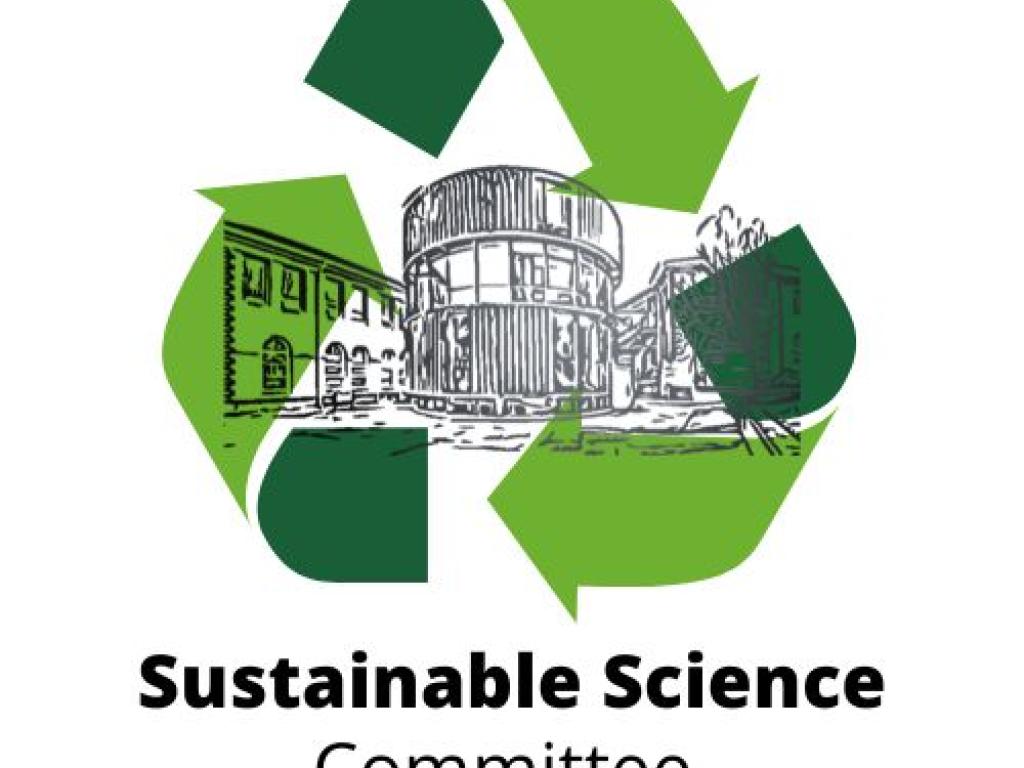Sustainability Working Group




The Climate Crisis
Due to the impacts of climate change and global warming, each year takes the top spot as the hottest year in Earth’s history. Atmospheric CO2 levels have increased by over 40% since the pre-industrial era.
The Earth’s oceans have absorbed between 20 to 30% of total anthropogenic CO2 emissions in recent decades, leading to a 30% increase in global ocean acidity. More than 90% of the excess heat from global warming is absorbed by our oceans.
Additionally, through climate change, about 1 million animal and plant species are threatened with extinction.
Did you know?
Life science research labs alone are estimated to produce approximately 12 billion pounds of the world’s total plastic waste.
Clinical laboratories can use up to 10 times more energy than equivalent sized offices, and high-energy consuming equipment such as ultralow temperature freezers use as much energy per year as an entire household. Laboratories use as much as four to five times more water than an equivalent sized office.
Biomedical and healthcare research, although essential for mankind, paradoxically heavily relies on practices that contribute towards the climate and environmental crisis.
The Sustainable Science Working Group
As part of the Sustainable Science Initiative, the Institute has partnered with My Green Lab to work towards achieving Green Lab Certification — a globally recognised standard for environmentally responsible research. This collaboration supports our commitment to reducing the IDM’s carbon footprint and embedding sustainable practices throughout our laboratories and offices.
Efforts already underway include the introduction of reusable wheat straw mugs at coffee clubs, transitioning to caterers and coffee vendors with a sustainable focus, and planning the rollout of recycling bins across the Institute. Looking ahead, we are working toward integrating solar power and developing systems to track the carbon impact of our research activities.
This initiative reflects the IDM’s broader commitment to environmental stewardship, promoting a culture of sustainability, and leading by example in the pursuit of responsible, future-focused science.
The health of our planet is inextricably linked to human health, therefore as researchers dedicated to improving lives, we must commit to protecting the environment that sustains life.
